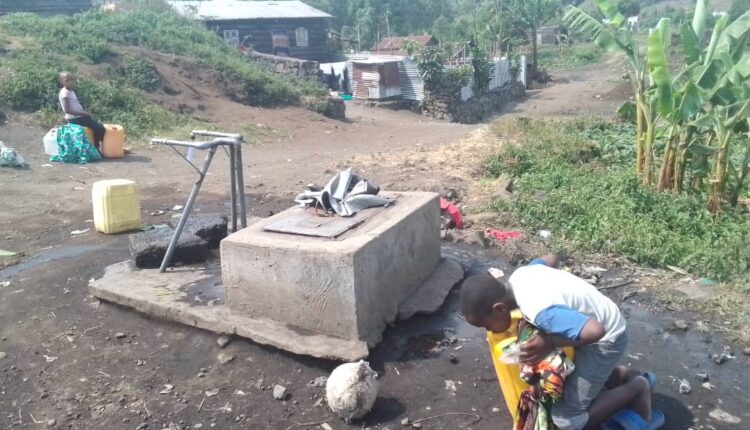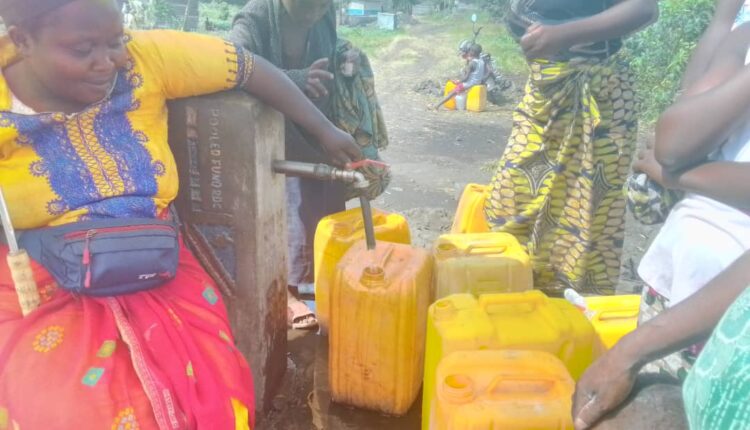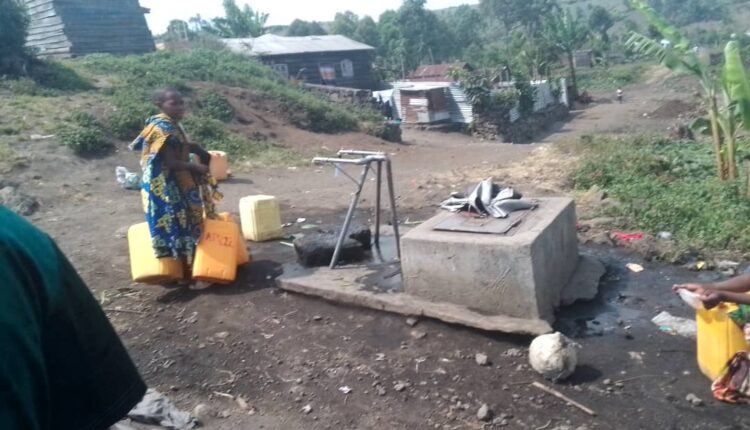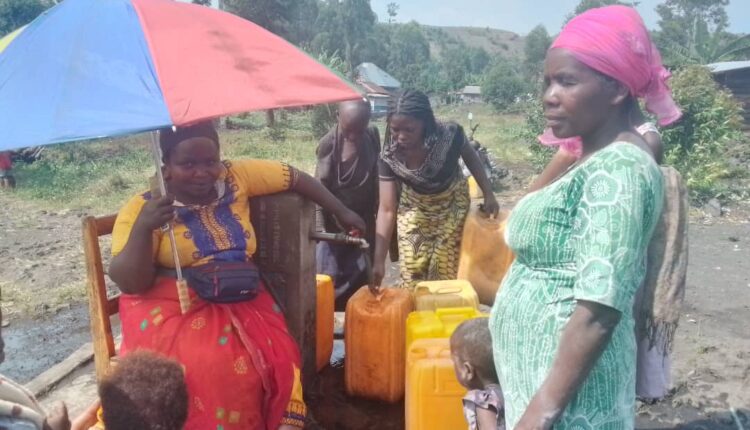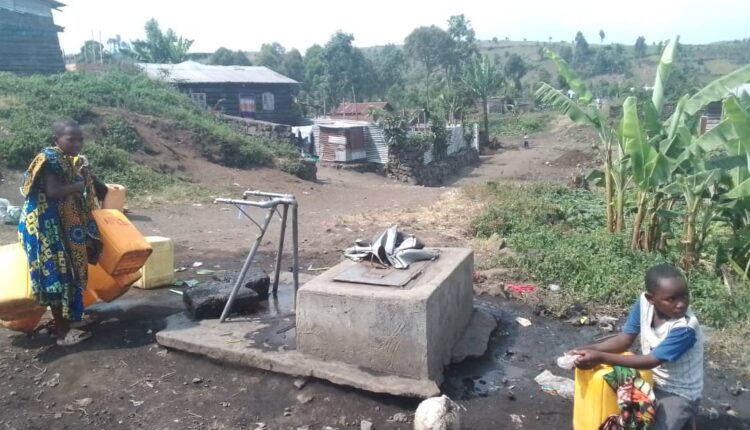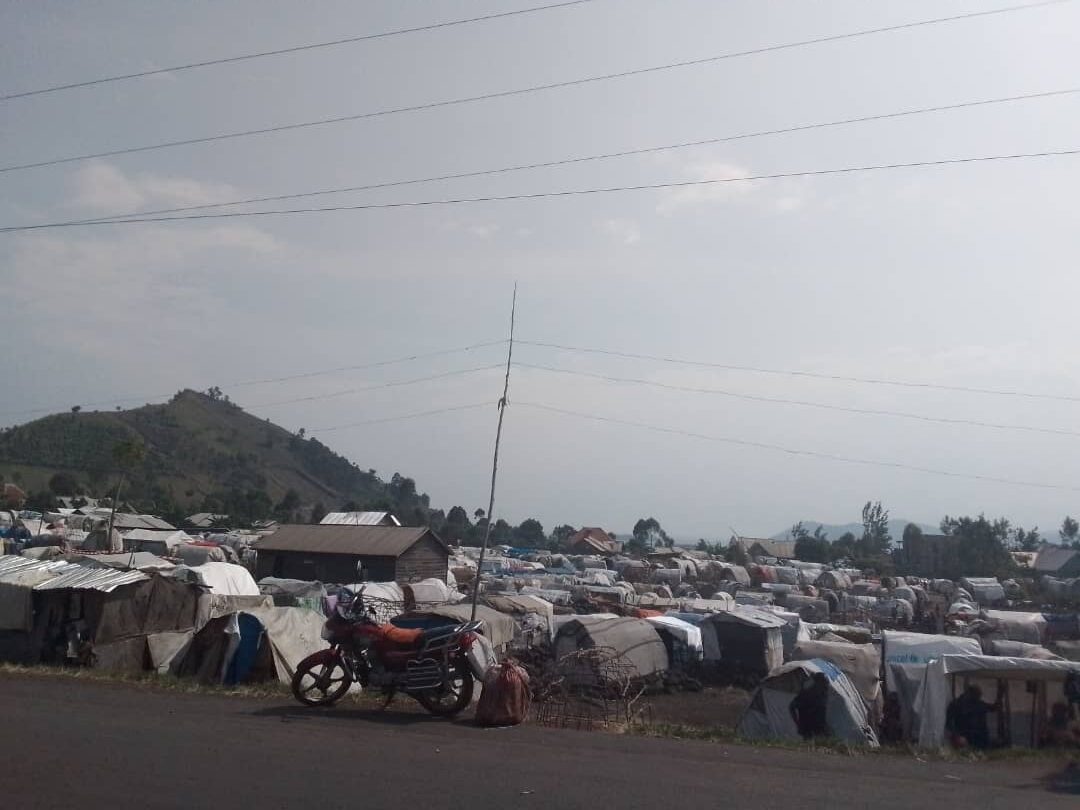
Cholera in Eastern Congo: A health emergency in the midst of armed conflict
Critical situation
In eastern Congo, a region already battered by armed conflict and political instability, a new health emergency has developed: a cholera epidemic. This highly contagious disease affected thousands of people in 2023, including many children, who are particularly vulnerable to the severe consequences of cholera.
The combination of armed conflict and poor sanitary conditions has created fertile ground for the rapid spread of cholera. Damaged infrastructure and limited access to clean water and adequately equipped sanitation facilities have made it difficult for local communities to cope with the epidemic.
Disturbing statistics
According to a report by the World Health Organisation (WHO) on the cholera situation in the world, the Democratic Republic of Congo was affected by 51,847 cases of cholera, including 430 deaths in 2023, a mortality rate of 0,8%.
Cases were reported in 15 of the 26 provinces of the DRC, with a very high concentration in North Kivu, near Goma (65%), the province is facing a severe humanitarian crisis. According to the WHO, the cases recorded in the DRC are due to the increased activism of armed groups, resulting in persistent insecurity, violence and massive population displacements.
Overcrowded camps: fertile ground for the spread of cholera
Camps for displaced persons are generally overcrowded and saturated, which favours the transmission of cholera. Families living in the camps around the city of Goma, for example, are facing a massive shortage of water and sanitation: more than 300.000 people, including 183.000 children, do not have access to sufficient drinking water, less than a third of people have access to latrines. Here, help is needed to provide people and especially children with clean water, hygiene kits, medical supplies and adequate care.
Action needed: providing clean water, hygiene kits, medical care and health education
Local actors, humanitarian organisations and international health agencies are working tirelessly to counter the spread of cholera and mitigate its consequences. Key actions that can be taken include first and foremost the provision of medical care. Organisations must ensure that local health facilities are adequately equipped to handle cases of cholera, providing the drugs, fluids and medical equipment needed to treat and care for patients.
A large proportion of the affected population does not have access to clean water, here it is essential to ensure continuous access to clean drinking water for affected communities. This may involve the installation of devices to provide water, distribution of water purification products or repair of damaged water infrastructure. The other front is to strengthen health and hygiene education. Organisations must conduct educational campaigns in communities, the inhabitants of refugee camps to promote safe hygiene practices, such as regular hand washing and proper waste management, in order to prevent the spread of cholera.
Coordination and collaboration: key to an effective cholera response
Continuous monitoring of the spread of cholera remains crucial to identify new outbreaks early and respond quickly with targeted interventions. This involves coordination of efforts and close collaboration between different organisations, local authorities and other stakeholders to ensure a coordinated and effective response to the epidemic crisis.
In addition to this, people are found to be in need of psychosocial support. Given the traumatic nature of the situation, it is important to provide psychosocial support to those affected, especially children, to help them overcome the emotional and psychological stress caused by the epidemic and surrounding conflicts.
Tackling the cholera epidemic in eastern Congo requires continuous and coordinated efforts by humanitarian organisations, local authorities and the international community. Only through joint efforts and sustained support is it possible to mitigate the devastating effects of this health crisis and protect the lives and well-being of those affected.
Images
- Rodrigue Bidubula

